
Debunking Russian propaganda on Switzerland
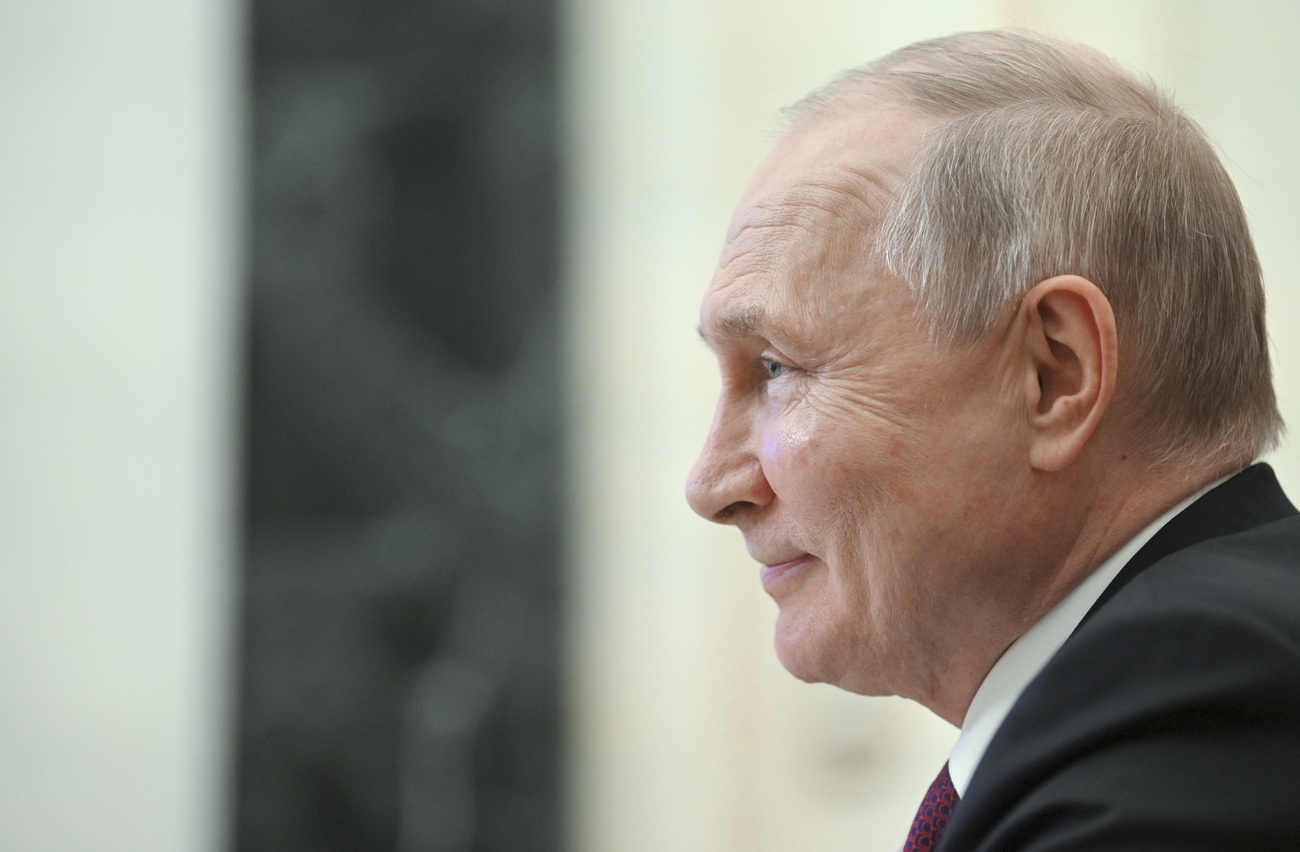
Russian authorities and official media claim that Swiss sanctions on Russia and Russian assets violate Switzerland’s neutrality. SWI swissinfo.ch fact checks these claims and shows that Switzerland has a long history of imposing sanctions.
Russian media have criticised Swiss sanctions on Russia from the start of the war, arguing Switzerland was violating its neutrality. International media followed suit.
“Neutral Swiss join EU sanctions against RussiaExternal link in break with past,” reported Reuters in a news story just four days after the Russian invasion of Ukraine on February 24, 2022, emphasising the “sharp deviation” from the country’s traditional foreign policy.
That same day, Foreign Minister Ignazio Cassis told a press conference in Bern that “we are in an extraordinary situation where extraordinary measures could be decided”.
Why did Switzerland impose sanctions on Russia?

“Sanctions are not a punishment – they are a credible threat. The underlying idea is that nations will choose not to breach international rules and laws due to the fear of repercussions,” says Sergei Guriev, dean and professor of economics at the London Business School.
Sanctions are used to alter behaviour, prevent wars and address violations of international law, adds the former chief economist at the European Bank for Reconstruction and Development. Since the invasion of Ukraine, Switzerland has aligned itself with the European Union following several waves of sanctions.
As of April 2024, Switzerland had frozen CHF5.8 billion ($6.8 billion) in Russian assets, down from CHF7.5 billion at the end of 2022. The drop is mainly due to a decline in the market value of the blocked shares and financial assets, according to the State Secretariat for Economic Affairs (SECO).
Switzerland has come under fire from the United States for not imposing enough sanctions. A total of €260 billion (CHF243 billion) in assets of the Russian Central Bank have been frozen in the sanctioning states.
The goal was to cripple the Russian economy and weaken the autocratic rule of Russian President Vladimir Putin. Whether this goal has been achieved is questionable. Russia’s economy has adapted to the war. This year the economy grew 5.4% in the first quarter and 4% in the second, according to official figures.
“I am not afraid of your sanctions,” declared Putin and proceeded with the invasion. However, Guriev argues that sanctions are still effective, as they serve as a deterrent to other states. “Other countries witnessing the costs imposed on Russia by thousands of sanctions might decide against breaking international law,” he says.

Sanctions also serve more practical and specific purposes, Guriev points out. “They can deplete Putin’s resources, limiting his ability to fund military operations, recruit mercenaries and develop new weapons. The current goal of sanctions is to constrict Putin’s economy and reduce his financial and military capabilities.”
What is Russia saying about Swiss sanctions?
“Switzerland has breached its neutrality for the first time since 1815 by imposing sanctions against Russian President Vladimir Putin, Prime Minister Mikhail Mishustin, and Foreign Minister Sergei Lavrov,” wrote the pro-Kremlin network Sputnik four days after the start of the war.
The sentiment in Russia that Switzerland has violated its neutrality continues more than two years into the war, with Russian media and politicians accusing Switzerland of adopting a pro-NATO foreign policy.
Yuri Svetov, a political analyst based in Russia, criticised Switzerland’s participation in what he calls the “military Schengen” system as the “height of cynicism”. “Neutrality as proclaimed by Switzerland – and until recently by Austria – is now understood as: ‘You comply with what is required by the US and NATO, but resist if such principles need to be applied towards Russia’,” Svetov said on a Russian online show in August 2024.
Pro-Kremlin experts argue that sanctions against Russia, unlike those imposed on North Korea, are “arbitrary and absolutely illegal, imposed by various governments”. They claim that sanctions against North Korea were voted by the UN Security Council, in which both Russia and the US have the right of veto and are therefore legitimate.

Sanctions against Russia were imposed by countries and not the UN. In May, Konstantin Kosachev, vice-speaker of the Federation Council (the upper house of the Russian parliament), expressed on his Telegram channel that both The Hague, which hosts the International Court of Justice, and Geneva had lost their ability to create effective international conventions.
In July, Dmitry Peskov, Putin’s press secretary, compared Turkey to Switzerland, which in the eyes of Moscow has lost its legitimacy to act as a mediator in the war. Turkey has become the “new Switzerland”, he said because “the old one [the real Switzerland] engaged on the path of war”.

As a result of the growing resentment, Russia has given Switzerland the cold shoulder and refused several visits. On August 20, 2024, Russia’s mission to the UN Security Council declined an invitation from Switzerland to unofficially visit Geneva to mark the 75th anniversary of the Geneva Conventions.
The refusal came after Switzerland did not invite Russia to a peace conference on Ukraine held near Lucerne on the grounds that Russia would not accept it. The decision to exclude Russia was criticised both within and outside Switzerland. “Well, if they don’t see us, so be it,” Putin told the press in May.
How has Switzerland reacted to Russia’s accusations?
“Neutrality in the narrower sense, meaning the law of neutrality, is strictly observed by Switzerland. Switzerland does not favour any warring party militarily. Neutrality in the broader sense, the policy of neutrality, allows for more flexibility, considering extraordinary developments. Russia’s military attack on Ukraine and the associated violations of fundamental norms of international law are unprecedented in recent European history,” wrote Françoise Tschanz, the official spokesperson for the Swiss economics ministry and SECOExternal link, in reply to emailed questions from SWI swissinfo.ch.
Tschanz stressed that despite the sanctions on Russia Switzerland continues to uphold its neutrality, and the adoption of EU sanctions does not alter this status.
She added that the adoption of EU sanctions was not automatic. “Switzerland conducts a case-by-case analysis. Switzerland has applied the law of neutrality in the Russia-Ukraine conflict since Russia’s annexation of Crimea in 2014, and this remains applicable during Russia’s current military intervention in Ukraine.”
More
Can Switzerland impose sanctions and remain neutral?
The answer is yes, experts have told SWI. The claim that Switzerland has “has breached its neutrality for the first time since 1815 by imposing sanctions against” is false, they say.
Switzerland has a long history of imposing sanctions on countries, individuals and organisations, either by following those imposed by the EU or those voted by the UN Security Council.
Drafted in 2003, the Embargo Act is the Swiss law governing the imposition and enforcement of sanctions and embargoes within the country. It enables Switzerland to apply measures to ensure compliance with sanctions imposed by the United Nations, the Organization for Security and Co-operation in Europe (OSCE), or important trading partners such as the European Union.
“As a member of the UN, Switzerland is obliged under international law to apply the sanctions decided by the UN Security Council. However, the Federal Council [government] decides on a case-by-case basis whether Switzerland will adopt the sanctions decided by the EU in full, in part, or not at all. The decision is made based on foreign policy, foreign economic policy, and legal criteria. The [Embargo Act] does not provide a legal basis for Switzerland to impose its own sanctions,” Tschanz said.
Since the Embargo Act does not establish a legal basis for Switzerland to impose its own unilateral sanctions, Switzerland can only act in accordance with decisions made by the UN or major trading partners of Switzerland.
“Sanctions, by definition, are related to the assessment of violations of international law,” Guriev explains.
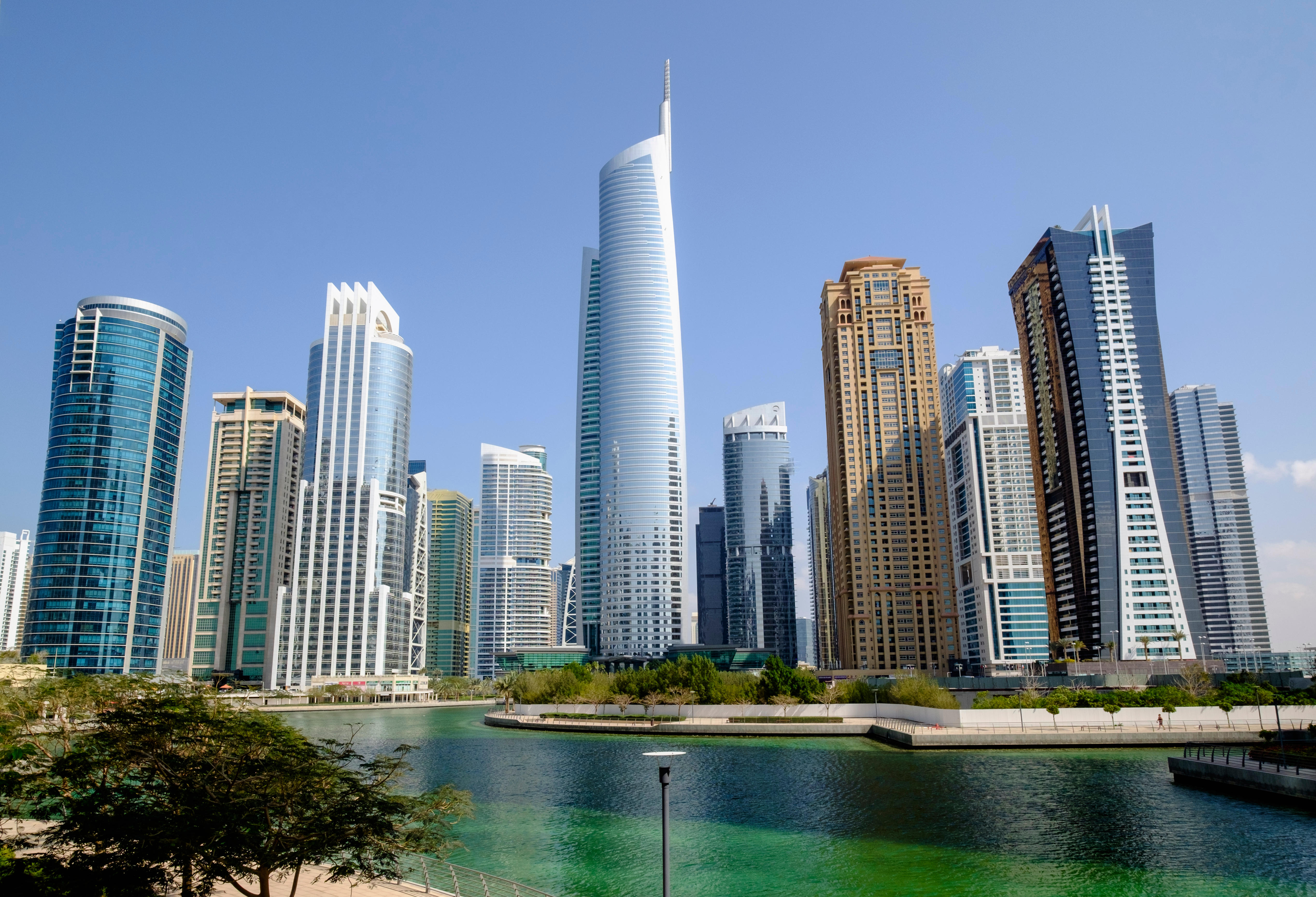
More
How Dubai is taking over from Switzerland
Currently, by following UN Security Council resolutions, Switzerland sanctions Iraq, North Korea, Lebanon (specifically targeting Hezbollah militant groups), Somalia, the Central African Republic (CAR), Yemen, Mali and Haiti.
Aligning with the EU, it has imposed sanctions against Myanmar, Zimbabwe, Belarus, Guinea, Syria, Russia, Burundi, Nicaragua, Venezuela and Guatemala.
Furthermore, Switzerland can also impose sanctions at the request of a government. Such was the case in 2022 when the Moldovan government asked Switzerland to join EU sanctions on organisations and people threatening Moldovan sovereignty.
In certain cases, such as sanctions on Sudan, the Democratic Republic of the Congo, Iran, Libya, Guinea-Bissau and South Sudan, Switzerland enforces both UN resolutions and EU sanctions.
Switzerland can also choose to freeze assets and economic resources of individuals and organisations such as Palestinian military group Hamas or Palestinian Islamic Jihad and of those with links to these organisations. It enforced similar measures against those associated with Osama bin Laden, al-Qaeda or the Taliban. Moreover, sanctions are applied to certain individuals such as those linked to the 2005 assassination of Rafik Hariri, the former Prime Minister of Lebanon.
Edited by Virginie Mangin/ts
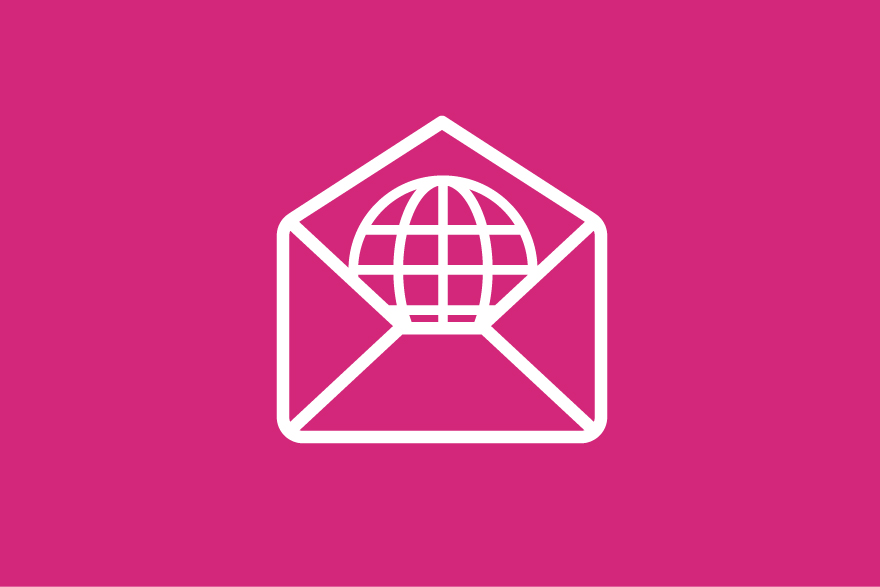
More
Our weekly newsletter on foreign affairs

In compliance with the JTI standards
More: SWI swissinfo.ch certified by the Journalism Trust Initiative



























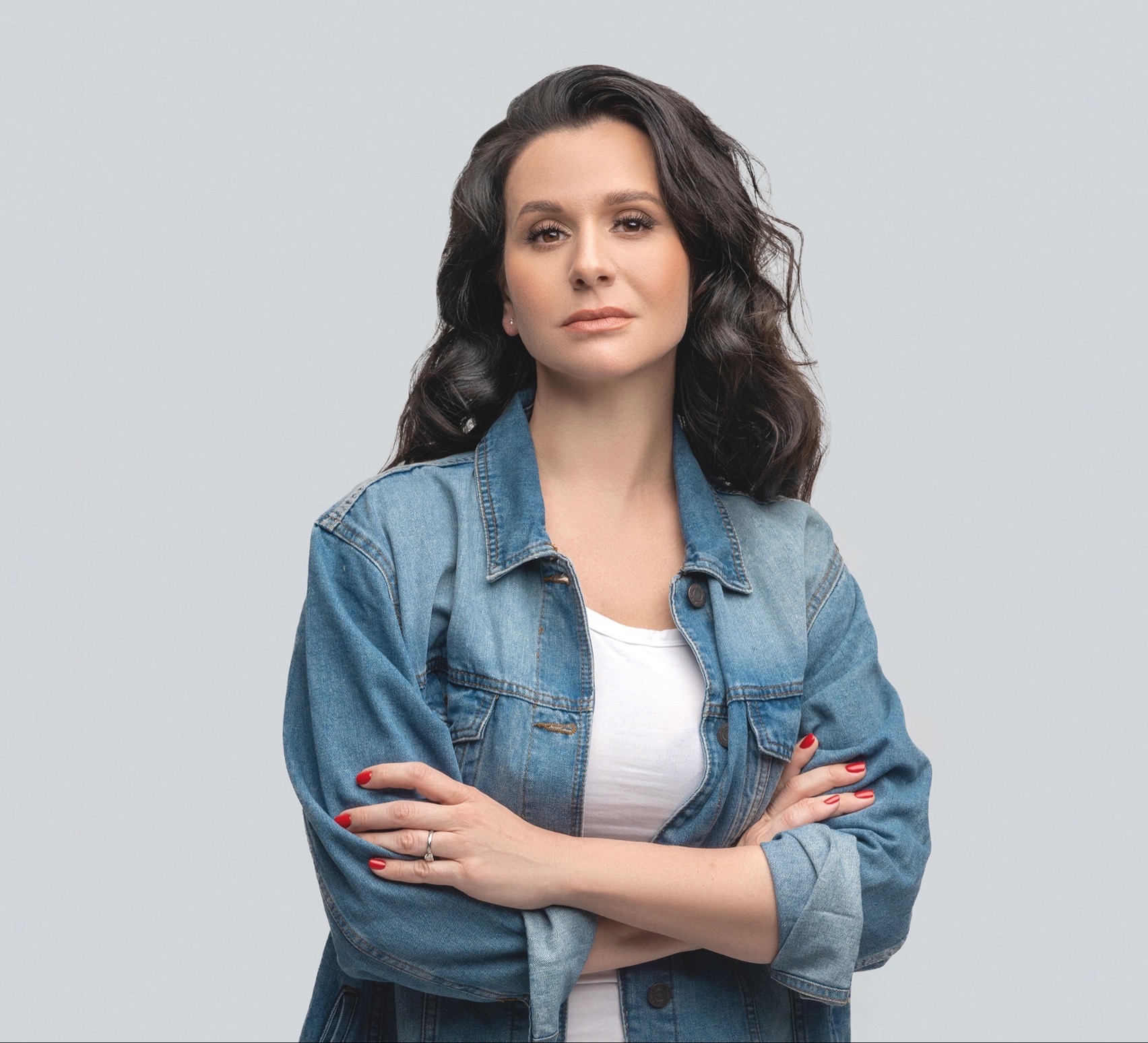







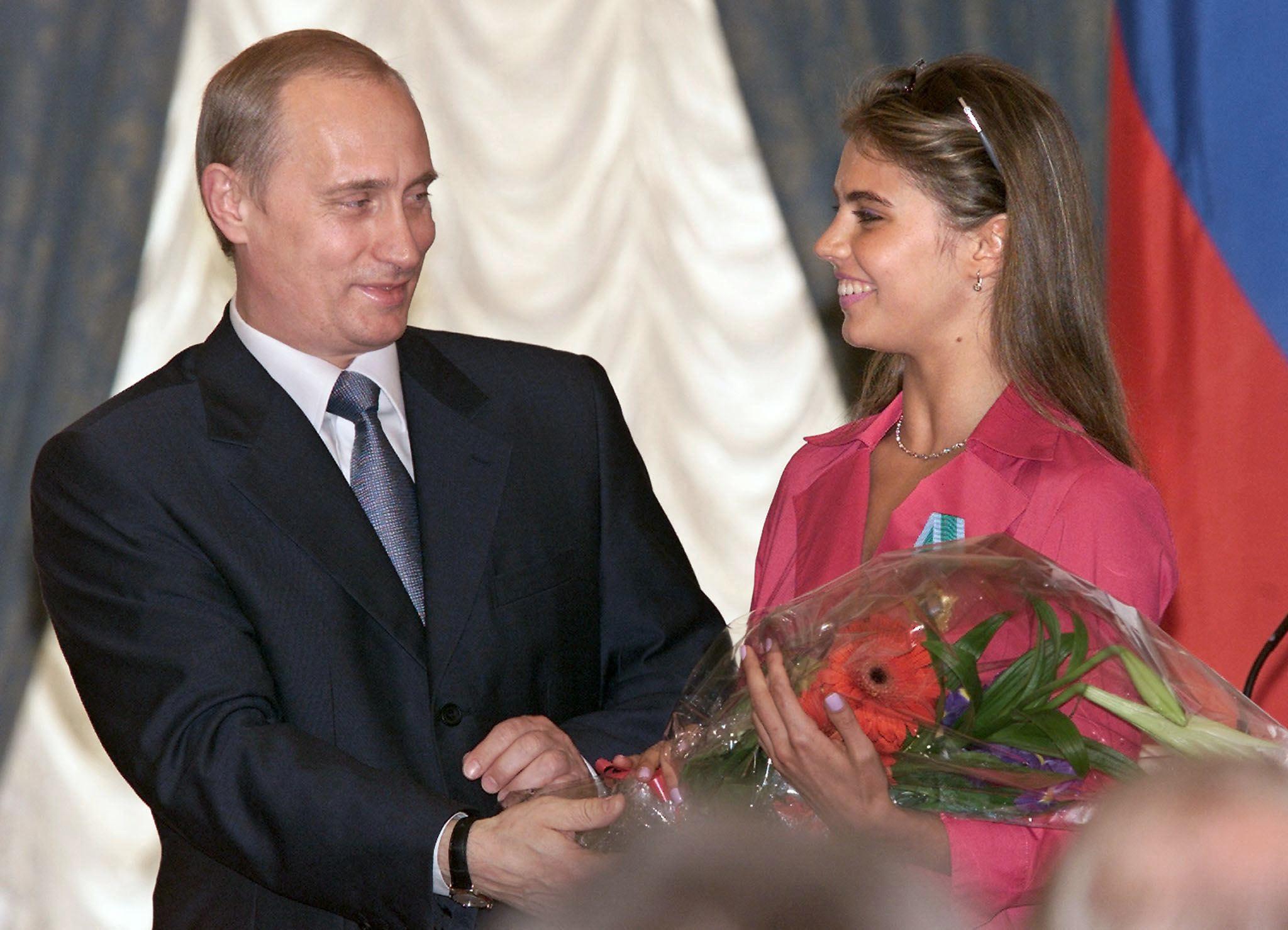

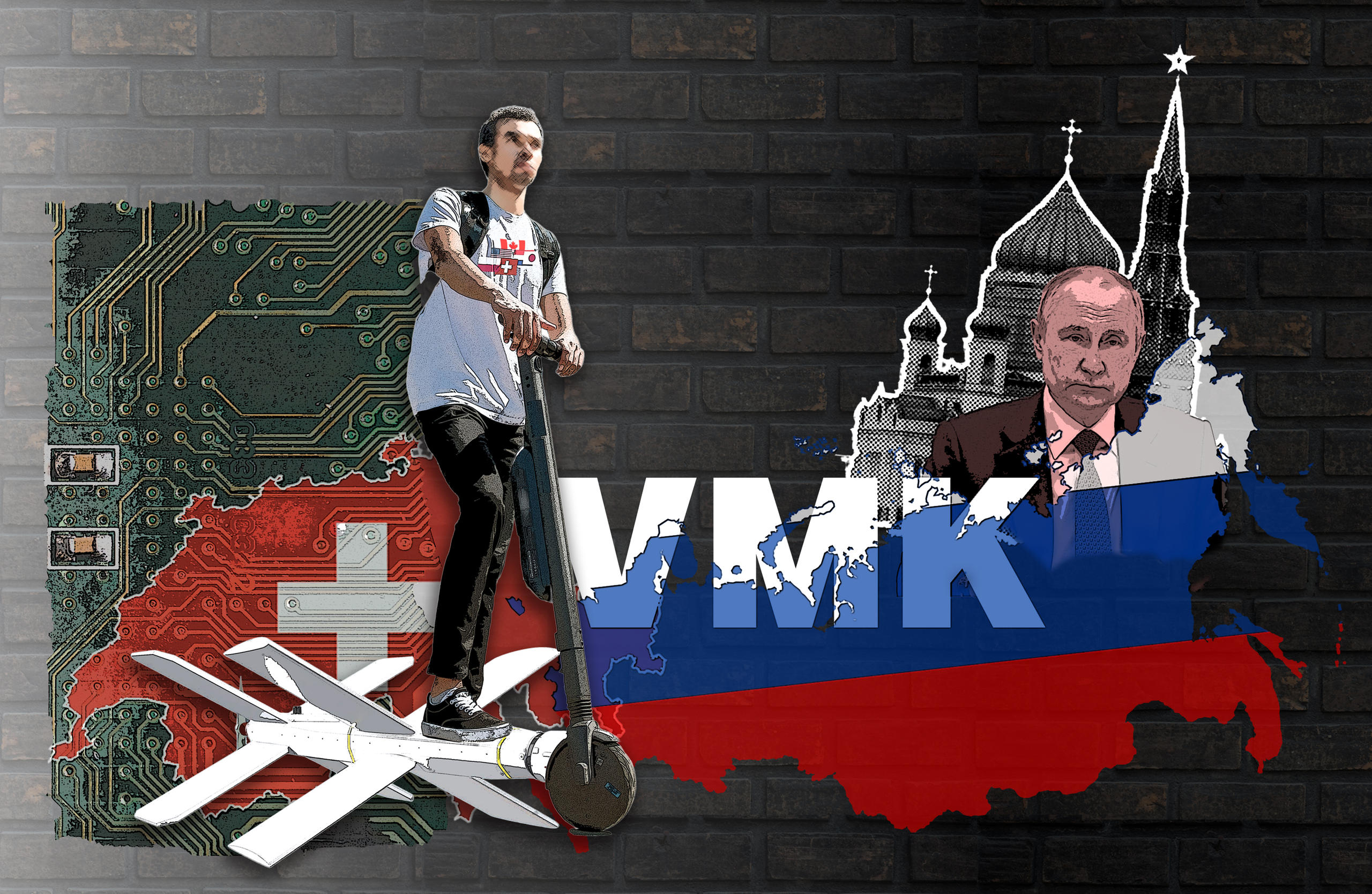
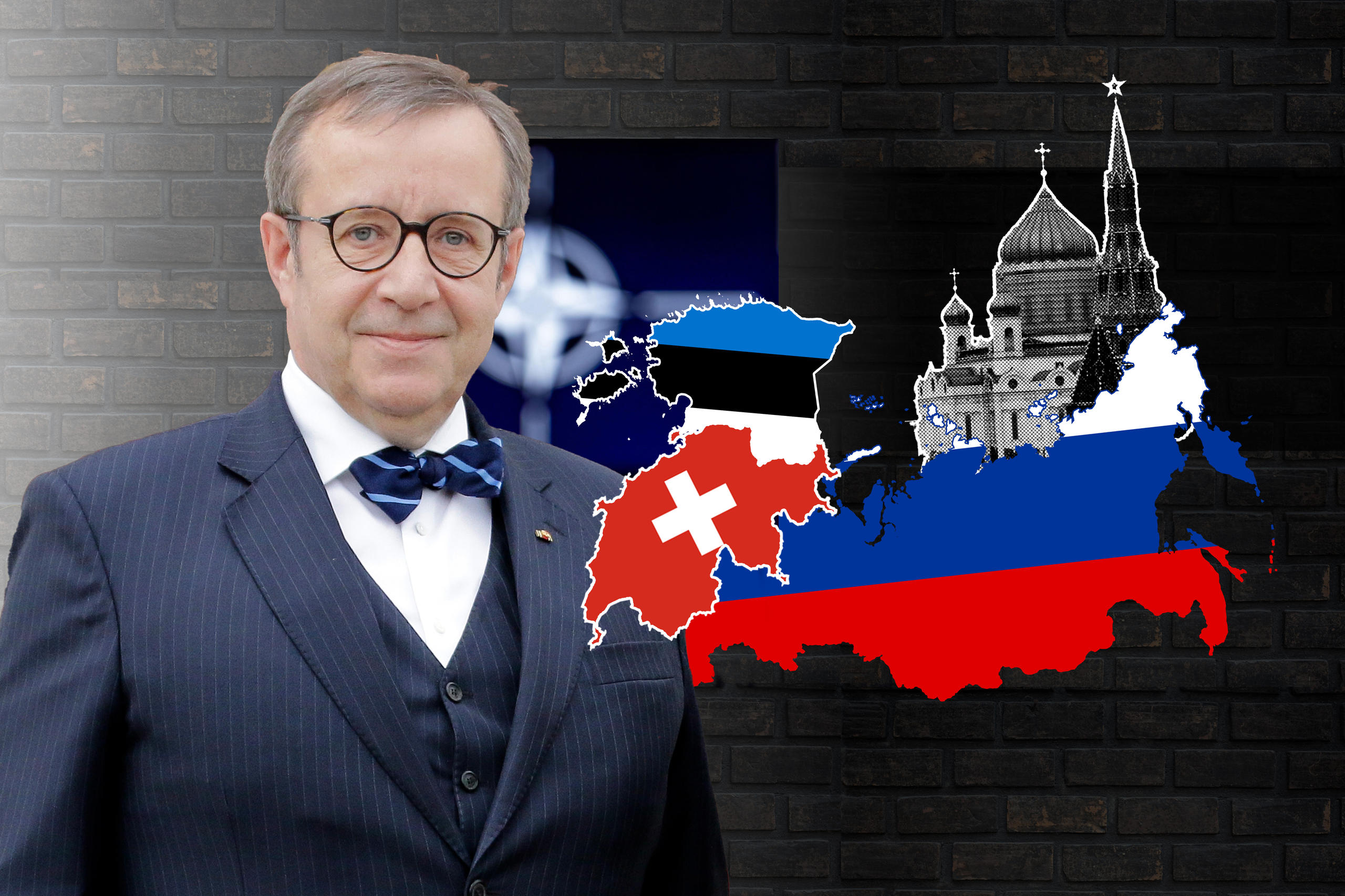
You can find an overview of ongoing debates with our journalists here . Please join us!
If you want to start a conversation about a topic raised in this article or want to report factual errors, email us at english@swissinfo.ch.